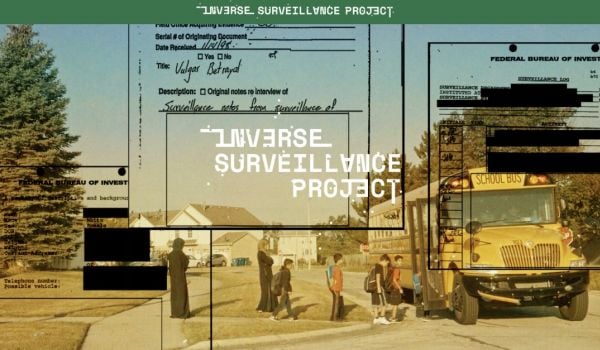If you haven’t heard by now, journalism is currently on America’s endangered species list. Though the pace of newspaper closures has slowed so far this year, the advertising environment is still poor and layoffs – even at established organizations like ABC News – continue. Nothing goes extinct overnight and the slow deterioration of the traditional for-profit news business has been under way for years, if not decades. But it’s 2010: if there’s hope for the woolly mammoth, might there be hope for the news?
In the past month, a pair of pieces in the Atlantic neatly summarized two approaches to saving the news that warrant some optimism. In the most recent issue of the magazine, James Fallows offered a summary of Google’s efforts to work with existing media outlets to develop new ways of monetizing their content online. In essence, he described a top-down intervention in which the mightiest force online uses its Internet expertise to shore up somebody else’s business for both practical and altruistic reasons. Meanwhile, Peter Osnos blogged about the proceedings of a recent Knight Foundation symposium dedicated to developing strategies to sustain online news start-ups for the magazine’s website. In reading these two pieces together, the most striking takeaway is that both camps are finally facing their central challenge: proving their worth to an audience.
As is to be expected from a organization of engineers, Google is offering a series of efficiency-driven innovations that will offer incremental relief to news organizations. Some of these tactics are more inspired than others, but together they will likely help old-media producers operate more effectively online. More importantly, people at the company are actually thinking about “how to create something people actually want to read and engage with and use.” According to Fallows, Google is pouring its energy into saving news organizations that are so burdened with dead weight that they only spend about 15 percent of their revenue on what, to the Internet world, are their only valuable assets: the people who report, analyze, and edit the news.
To have any chance of surviving, news organizations have to identify their audience and produce content that it wants. Maybe Google can help news organizations refocus on their core news-producing role while solving some of their online distribution problems for them.
On the other end of the spectrum, the Knight new-media gathering zeroed in on four keys to sustainable revenue: membership, sponsorship, philanthropy, and government. Osnos, who is an advisory board member of the Chicago News Cooperative, also writes that his “takeaway from the session included a renewed emphasis on the importance of creative engagement with readers, the development of ways to give them a vested interest in the news being gathered.” Succeeding in doing this is critical to attracting meaningful membership – the basis of all the other revenue streams. Doing so may take hard work, but there is little doubt that without this bond there is little hope for these online startups.
The formula for survival for any news outlet should be fairly consistent: Produce worthwhile reporting with an audience in mind, keep costs low (in part by utilizing new technologies), and work consistently to develop robust funding sources to support the organization. This might be easier for the new start-ups that do not have debt or an entrenched workforce that needs to be reformulated. That said, they lack the depth of news-producing experience and the stature that older news outlets possess. Whether old or new, news organizations must zealously focus on cultivating their audience. If nothing else, recent events make it patently clear that the public values the news less than anyone realized. From the ground-up and the top-down, it seems like news organizations may finally have taken this lesson to heart – and that might be the first strand of DNA they need to thrive in the future.















